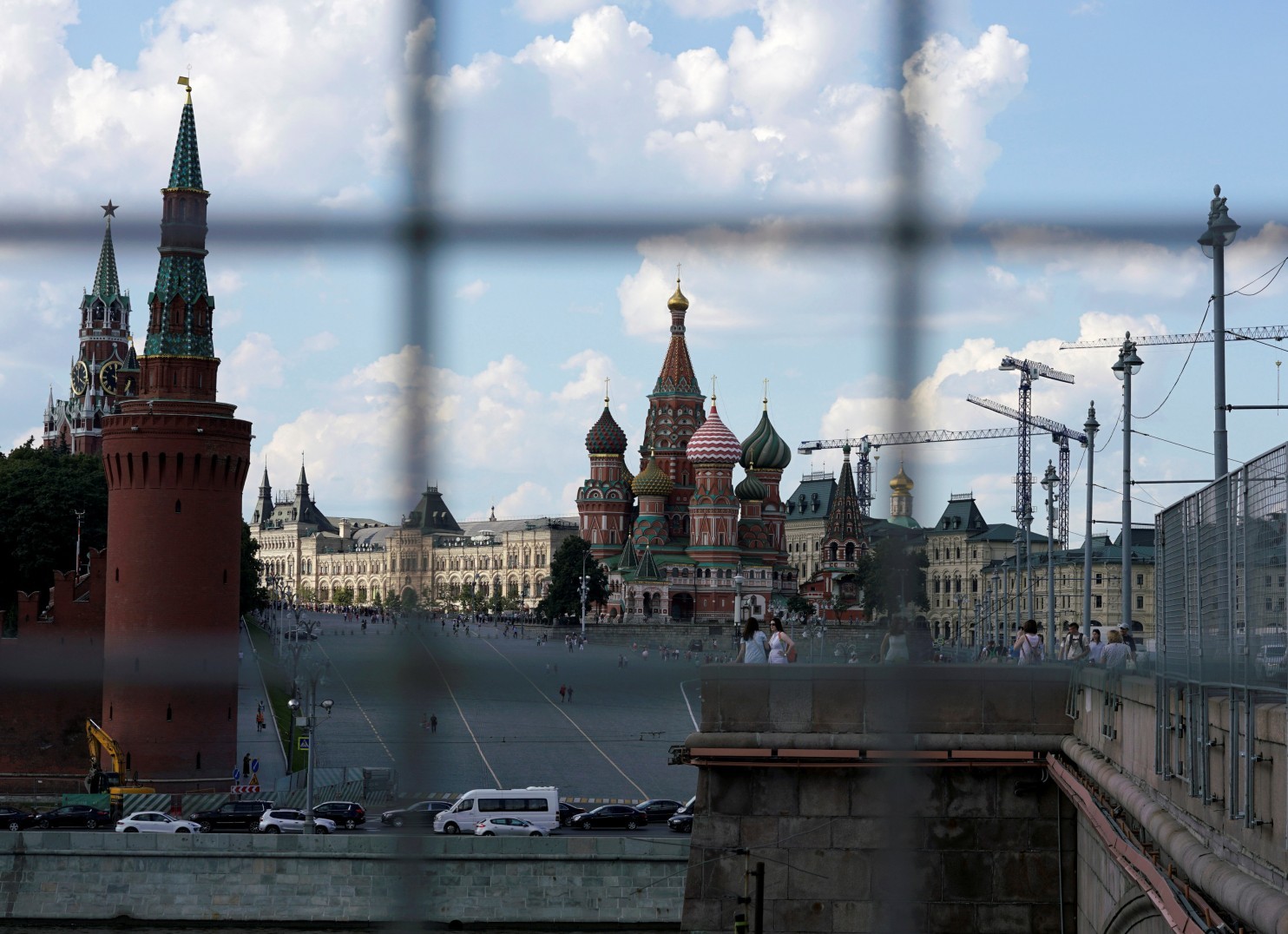 Reuters at WAPO
Reuters at WAPO
Great WAPO piece on US intell community surging a response to growing evidence of Kremlin-directed hacking of our election infrastructure.
The key bit of description:
U.S. intelligence officials described the covert influence campaign here as “ambitious” and said it is also designed to counter U.S. leadership and influence in international affairs.
Ambition to counter US leadership in the world ... Damn straight and we must get used to it - whether or not we continue with Obama's hands-off global leadership style.
Russia, like China, wants to reshape both global agendas and rules, having watched the US blithely dominate both since Cold War's end.
This is natural and thus to be expected, particularly as we have signaled to both that we prefer our old allies to accommodating them as our new and inevitable partners in managing this world (understanding that, if we take the long view, it's China first, then India, then Russia et al. in terms of combined economic-military heft and thus strategic importance).
But, for now, with both China and India still feeling their way toward superpower-dom, Putin is the cream of the leadership crop, arguably matched only by Merkel in savvy, boldness, and vision.
Why Trump scares me: he simply isn't smart enough to play at that level, as he is embarrassingly easy to manipulate. My God, would Putin enjoy abusing him for four years.
With Clinton, the fear has to be: will she be embroiled in controversy and scandal all the time (some real, mostly manufactured by her opponents - again a venue where Putin will find many useful American idiots)? Or does she prove to be Merkel's match? We can only hope.
But back to the point here: this is exactly the sort of influence/agenda-setting/rule-setting-and-bending competition to which we must grow accustomed, not in the sense that we're new to it (we do it in our sleep - please), but that we haven't had any serious direct competitors for a long time (really, a solid quarter-century).
You will say, "But Russia is messing with our process in a manner that we would never dare to pursue with them."
Well, yes and no.
It all depends on perceptions. America would never try anything that direct, but our indirect methods of supporting democratization are often interpreted by autocratic regimes like China and Russia as direct meddling. That is simply a reflection of the robustness of our political system and the brittleness of theirs. To autocrats, who fear their own people far more than outside forces, even the most indirect sort of pressuring in the direction of democratization comes off as a direct challenge to the rule. That's not to say that we shouldn't engage in such activities, because we most definitely should. Rather, it is to say that, when we do engage in such activities, we can't become upset when those regimes push back in similar - if asymmetric - ways.
As always, the key is to remember that time is on the side of democracy - as is technology (Orwell continues to be wrong).
So what I really like about this article is the calm and matter-of-fact manner that our political system - for now - is displaying in its reactions to Putin's dirty tricks (putting aside Harry Reid's cited fear factor). In many ways, this is the cyber struggle of the future: not as a precursor to great power war or strategic conflict, but rather as a day-to-day tool of influencing other systems and shaping the international rules to one's own advantage. If we come to accept this as an inescapable reality, while avoiding the temptation for hyperbole and freaking out, then we'll continue to be just fine.
Do I think Clinton can manage that? Yes.
But Trump? Far too risky a proposition. He'd just be in way over his head.
Thomas P.M. Barnett
Sent from my iPhone